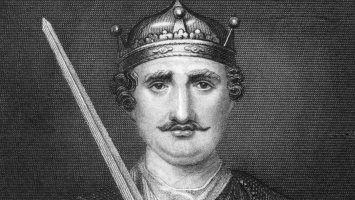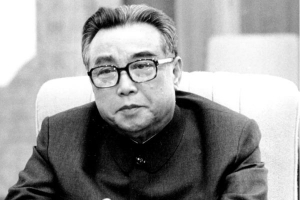Top 7 Interesting Facts about Nero
Despite being cruel, egotistical, and tyrannical, the Roman Emperor Nero was remarkably well-liked and respected by his subjects during his rule. Nero's life ... read more...was characterized by a great deal of controversy and criticism. He was the tyrant who killed both his first wife and his mother. His level of brutality and irrational rage was unmatched. As soon as he kicked his second wife's pregnant belly to death, he was held accountable for his violence by the entire world. Before there were widespread demonstrations and uprisings, Nero was most famous for the persecution and slaughter of Christians. The emperor's persecution of Christians was swiftly condemned and considered as unacceptable. Here are some interesting facts about Nero.
-
Nero was born on December 15, 37 AD, as "Lucius Domitius Ahenobarbus" at Antium, a town located about 51 kilometers (32 miles) south of Rome. Agrippina the Younger, his mother, was a notorious Roman emperor known as Caligula who ruled the empire from 41 to 37 A.D. Agrippina the Younger was also the sister of the similarly notorious Gaius Julius Caesar.
In addition, Nero was the sole child of Augustus, the first emperor of the Roman Empire, and Julia. Nero's biological father, Domitius, passed away in January of the year 40 AD when he was just 2 years old. After Caligula was killed in the year 41 AD, Claudius, another member of the Julio-Claudian dynasty, was crowned emperor and raised Nero as his own child.
Agrippina the Younger, the mother of Nero, supposedly poisoned Claudius in the year 54 AD so that her son would succeed as the only heir apparent to the throne. Nero rose to power as the youngest Roman emperor in history on October 13 of the year 54 AD. He was only 16 years old and less than 2 months away from becoming 17. After three other unsuccessful attempts in the Year of the Four Emperors following Nero's death, he would rule for 13 years and 8 months before taking his own life. Vespasian would then come to power and founded the Flavian Dynasty, which is best known for building the Flavian Amphitheater or The Colosseum.
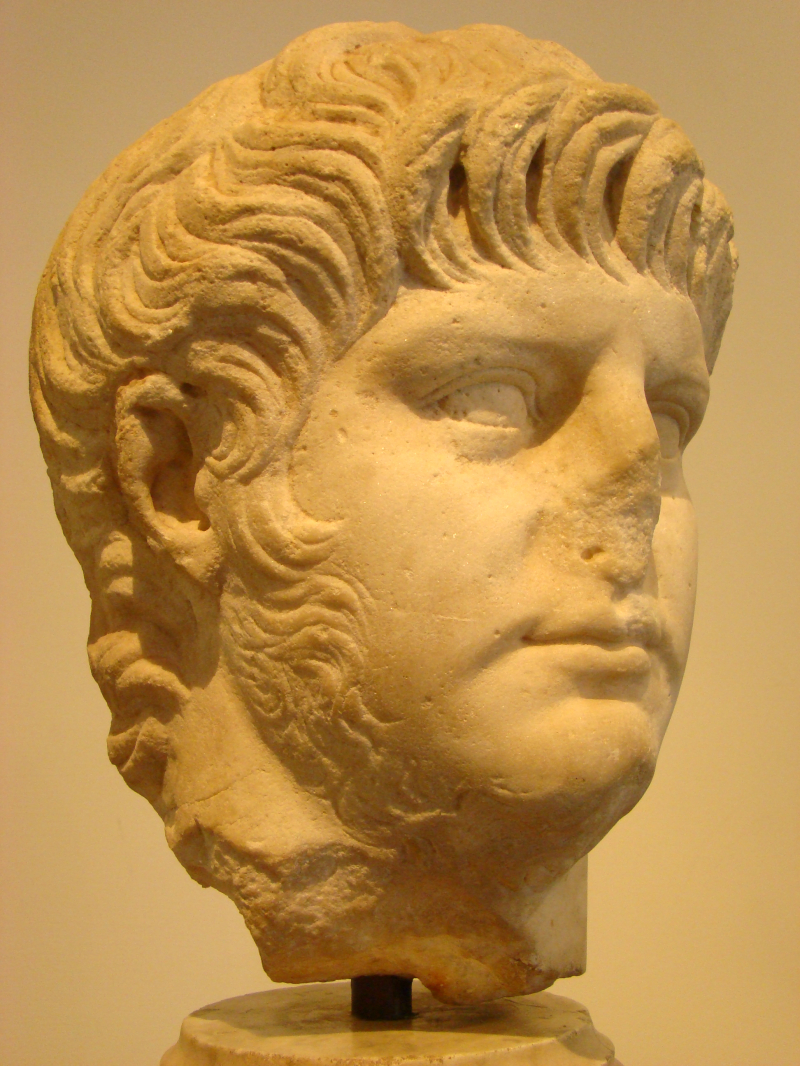
Source: intarch.ac.uk 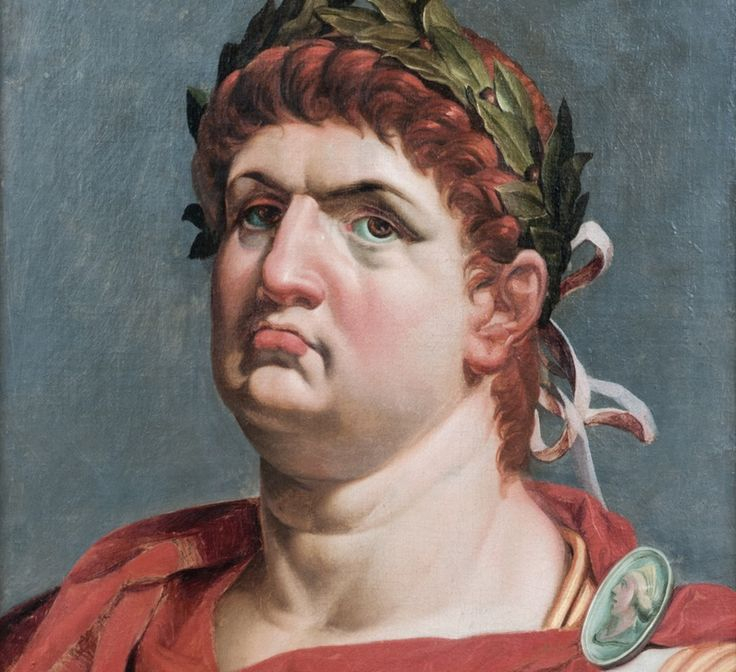
Source: Pinterest -
Agrippina the Younger, Nero's mother, made her own preparations for her son to succeed her as emperor. She first murdered her first husband in order to marry Emperor Claudius, and she later murdered Claudius in 54 AD, as well as his son and legitimate heir Brittanicus in 55 AD.
The Praetorian Guard, with whom she had a partner to easily accomplish this, then promptly proclaimed Nero emperor. It would be an understatement to say that Nero's mother was a terrible person! One of Nero's most intriguing facts is that his rule was not characterized by the unpredictable behavior that would come to characterize it.
He really acted quite the contrary up to the year 59 A.D., reducing taxes, forbidding bloodshed in arenas, and abolishing the death penalty, among other acts of compassion and clemency. This didn't continue though, as historian Tacitus asserts that his mother's interference in his private affairs, especially his liaison with Poppaea Sabina, caused him to assassinate his mother in the year 59 A.D.
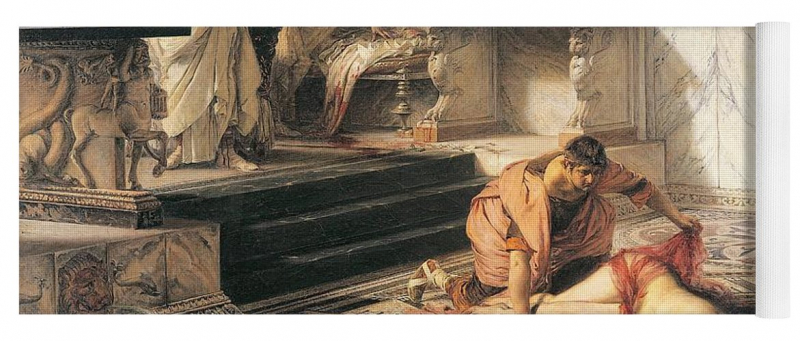
Source: Fine Art America 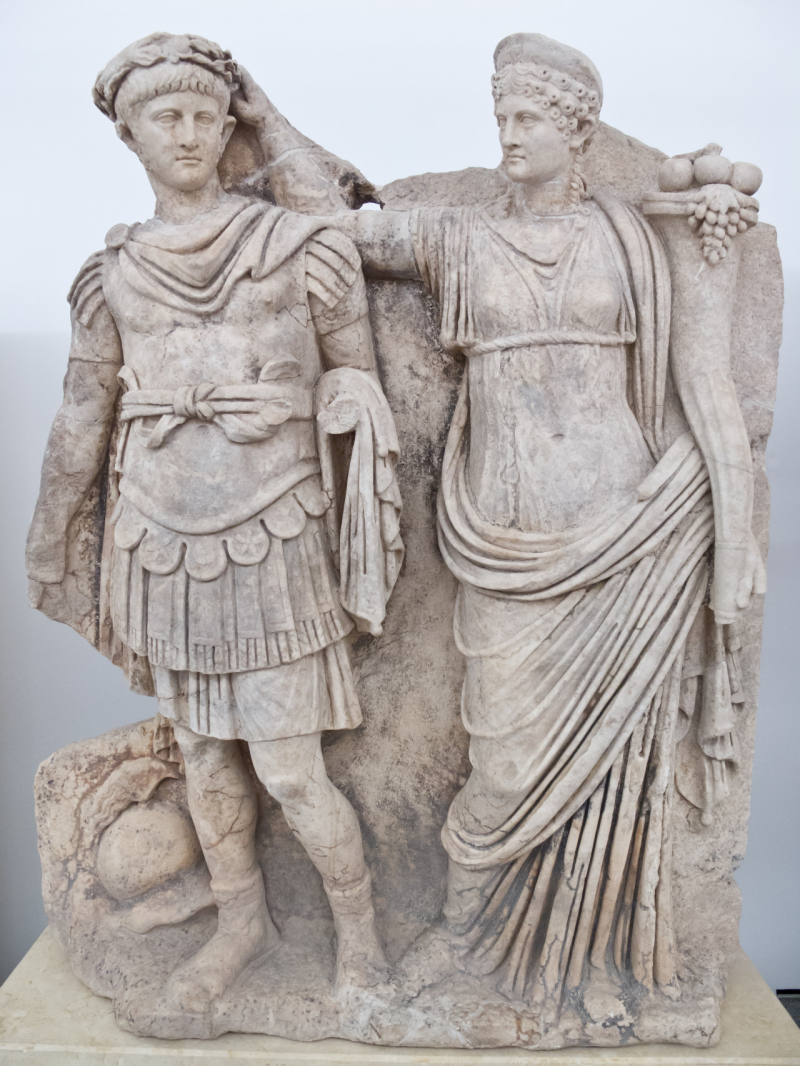
Source: todayinhistory.tumblr.com -
On June 9th, 53 AD, Nero wed Claudia Octavia, his own stepsister. Nero nevertheless engaged in extramarital relationships, first with a freedwoman named "Claudia Acte" and then with "Poppaea Sabina," the daughter of Roman Senator and future Emperor Otho. Nero divorced his wife and forbade her from entering Rome when she began an affair with him. Twelve days after the divorce was finalized in 62 A.D., he wed Poppaea, who was carrying their first child, despite his claim that she was barren.
Poppaea's marriage did not turn out well. Nero allegedly kicked her so hard in the stomach that she died while they were fighting about something silly when she was pregnant with their second child. This is presumably how all married couples fight from time to time. Although the precise moment of her death and the cause are unknown, many contemporary historians also left open the possibility that Poppaea passed away while giving birth.
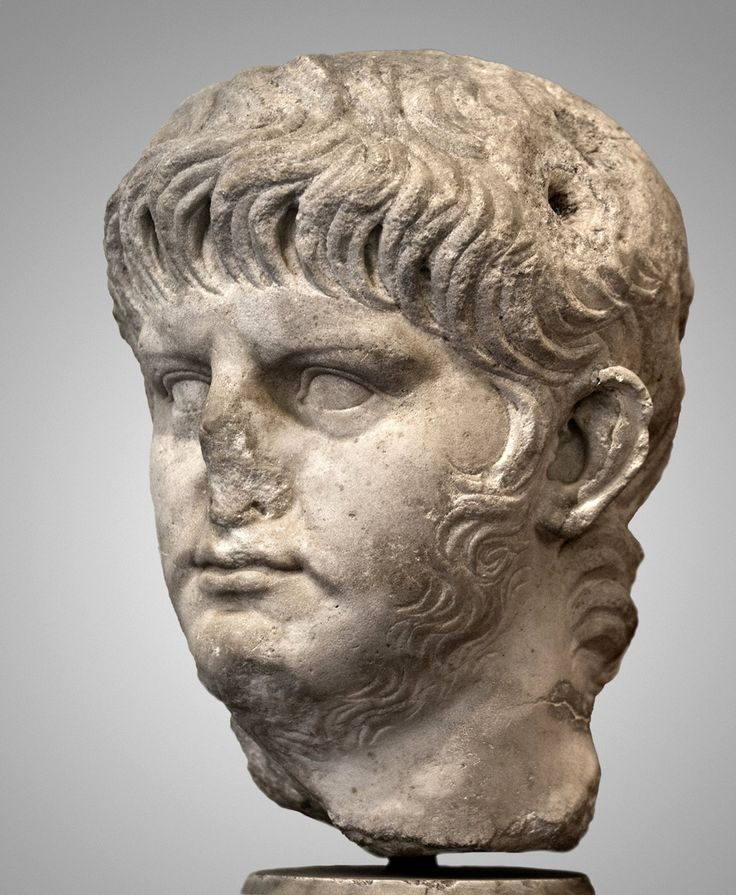
Source: Pinterest 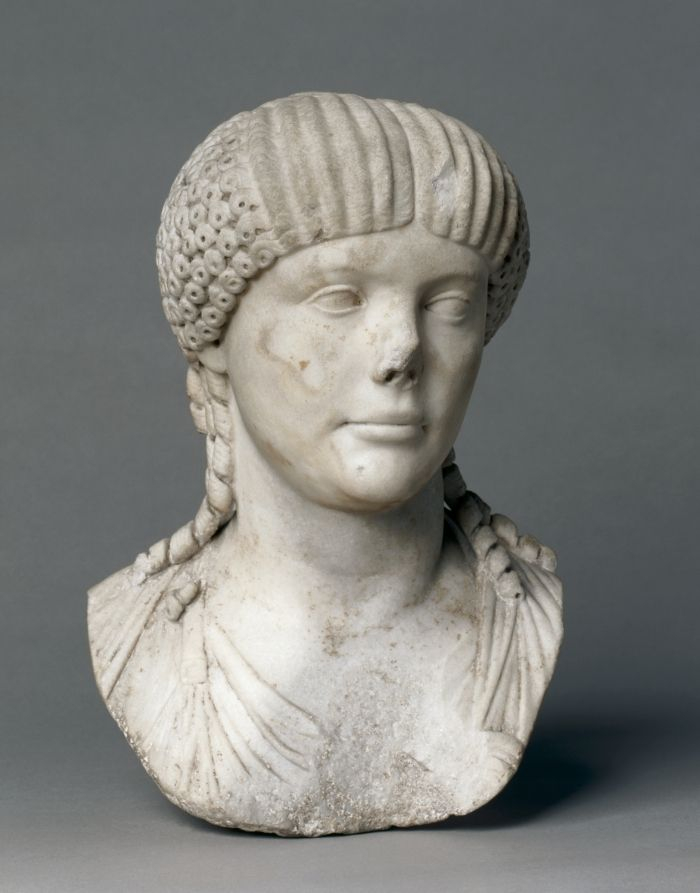
Source: pinterest.jp -
The majority of historians concur that after his mother passed away, Nero's leadership entirely transformed, possibly on his own initiative. His mother was Julia Agrippina (The Younger) who bore him in her first marriage with Gnaeus Domitius Ahenobarbus. Julia Agrippina was the daughter of Germanicus and Agrippina the Elder.When Claudius became emperor in 41 A.D. Agrippina (his niece) was recalled from exile and allowed to return to Rome, and her estate was returned to her. In 49 A.D. following the fall and execution of Empress Messallina, Claudius married Agrippina, and many things changed for the young Domitius (Nero).
In addition to losing all sense of reality and attempting to get admiration by performing the most bizarre acts in front of others, he also lost his sense of right and wrong. And because he was the emperor, no one could stop it. This led to odd performances as an actor, singer, and even in sporting events and gladiator contests. Nero was always the victor, and he frequently paraded through Rome's streets holding the prizes from his fictitious competitions.
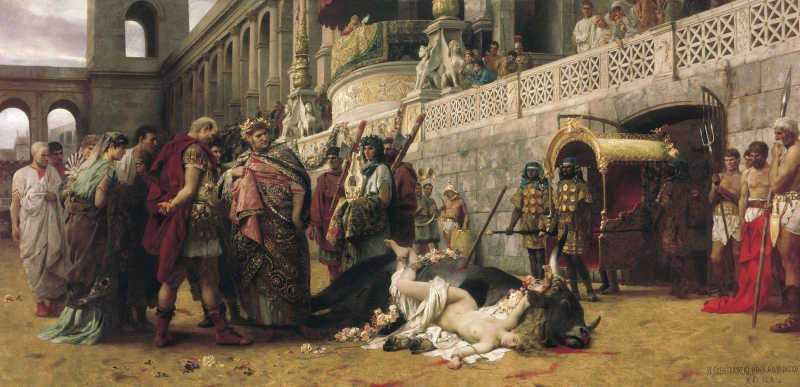
Source: blogspot.com 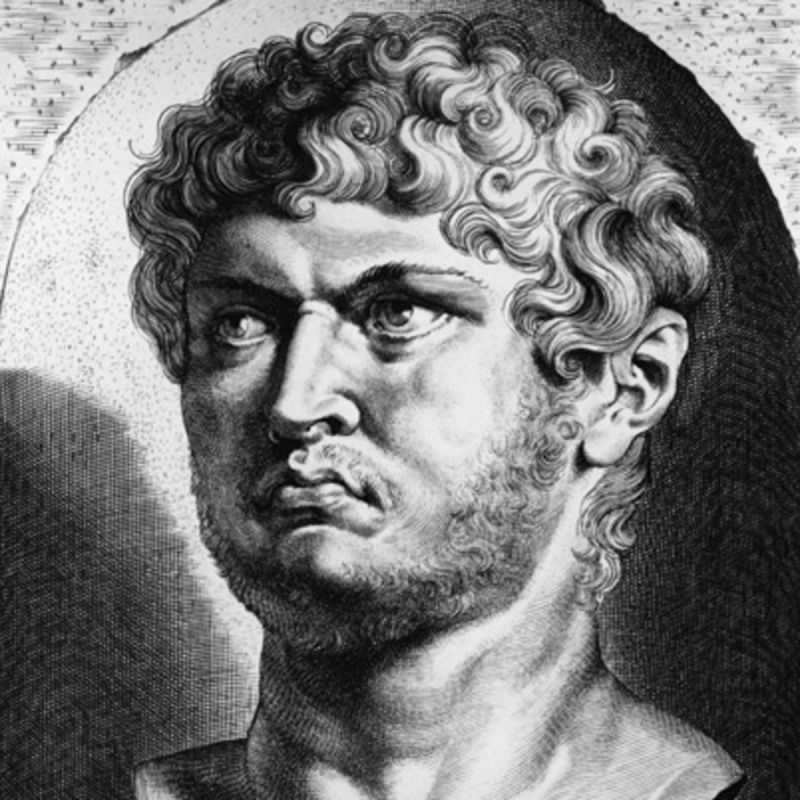
Source: BIO -
Statilia Messalina, who was reportedly descended from a successful Roman general and was far less of a public figure than her two predecessors, was Nero's third wife shortly after he is said to have assassinated Poppaea. The fact that Nero didn't seem to be able to let go of Poppaea after her death is one of the strangest things about him. He once ran into a young man named "Sporus" who reminded him a lot of Poppaea.
At least in the eyes of Nero, who dispatched his soldiers to track down the kid, gave the order to castrate him, and then wed him to become his "wife." The wedding party was just as large as at any of his prior unions, and the ceremony and ceremonies were also exactly the same, so this wasn't just a secret thing. After that, Sporus continued to live with Nero as his wife.
Before Vespasian, the final "temporary emperor," could exploit Sporus in a violent recreation of the Rape of Proserpina at a gladiator exhibition, Sporus found himself in the hands of Nero's successors after his death. Sporus eventually killed himself.
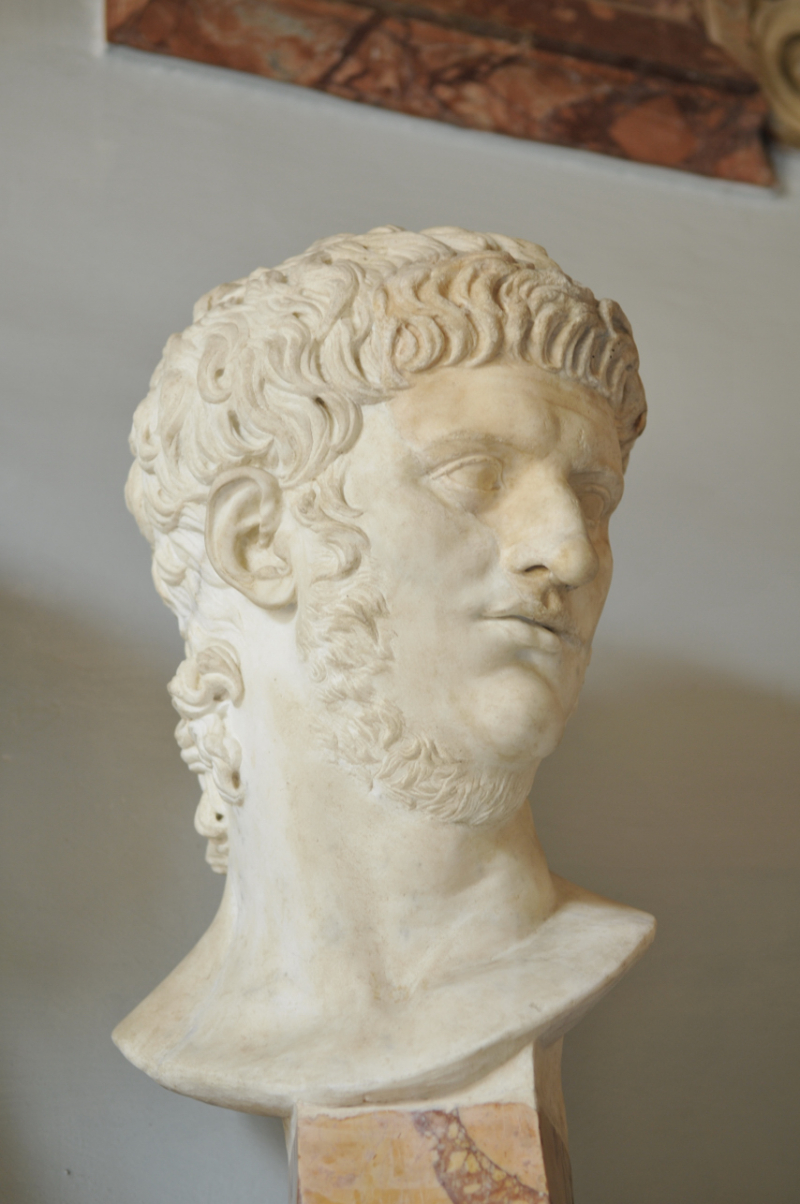
Source: interamericaninstitute.org 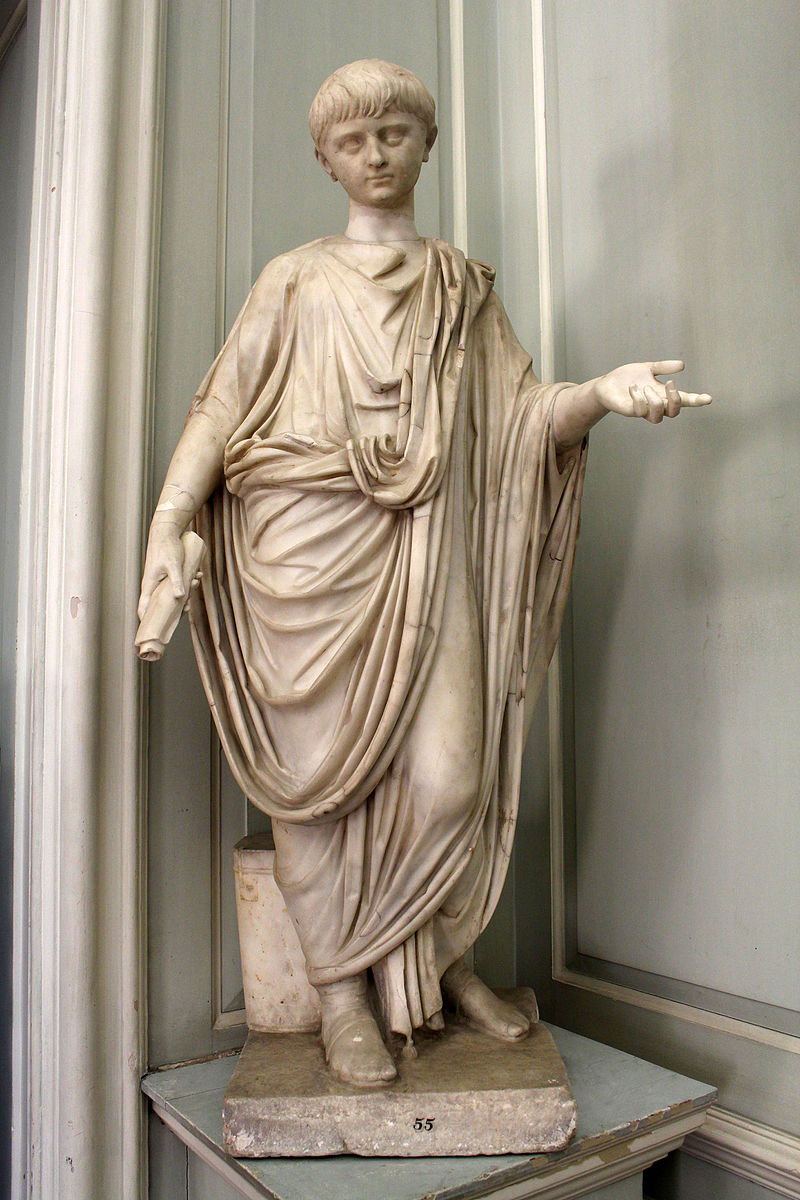
Source: blogspot.com -
The Great Fire of Rome began on the night of July 18 and 19, 64 AD, in a region of the Aventine Hill, one of Rome's 7 hills, which looked out over the Circus Maximus. It badly damaged 7 of the 14 Roman neighborhoods while completely destroying 3 of them. The fire extensively damaged Palatine Hill and burned numerous homes, villas, and temples.
One historian, Tacitus, expressed uncertainty on Nero's role in the fire and just stated that he was "unsure." The consensus among all other historians is that Nero organized the fire and prepared the stage for events. Nero was undoubtedly not in Rome at the time the fire began; instead, he was at Antium. So what might have been his motivations? Because he planned to construct a magnificent home known as "The Golden House" (Domus Aurea) for himself and disliked the city's historic architecture. This also would have had a bronze statue of Emperor Nero that was 30 meters high. He was just not the humble sort.
He had to find a scapegoat, of course, in order to avoid drawing suspicion to himself, and Christians were the ideal choice because they were regarded as a dangerous cult and were despised by the majority of Roman citizens. Following the fire, many Christians were imprisoned, subjected to torture, and then executed in front of the public on the emperor's orders. They were crucified, fed to the beasts in the arenas, and lit his garden with candles.
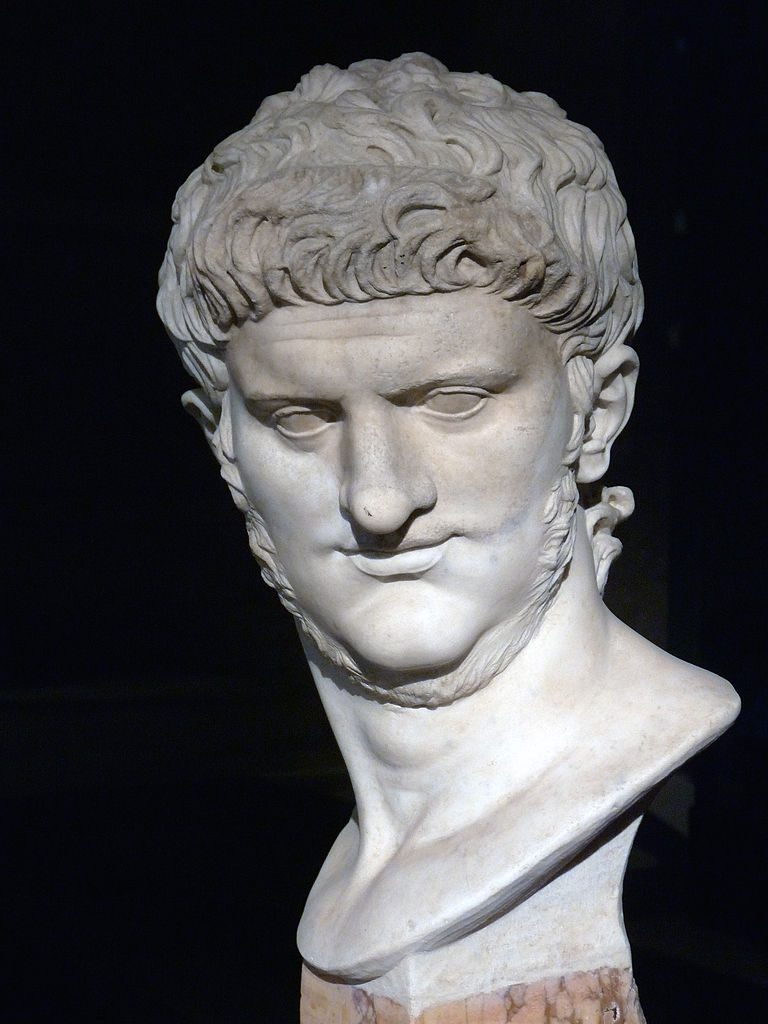
Source: Wikimedia 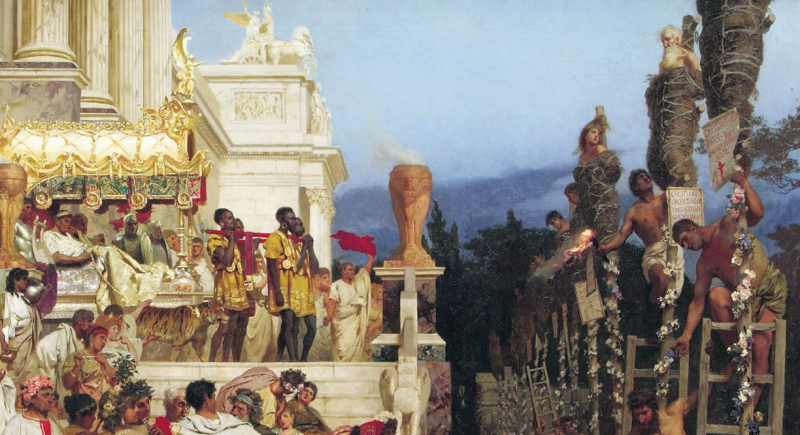
Source: Pinterest -
Nero's strategy following the Great Fire was to raise taxes to pay for the reconstruction of Rome, including his enormous Golden House, which at the time would have taken up 1/3 of the city. This didn't work out too well, and a number of plots to kill his life were launched. One significant one, including future Emperor Galba—the first of the four emperors to rule after Nero—grew beyond Nero's control. Together with 4 of his devoted freedmen (including his "wife," Sporus), he departed Rome and went to a villa 6.4 kilometers (miles) outside of the city. When his whereabouts were discovered, a courier arrived bearing news that Nero had been found guilty of murder and would be put to death by being beaten. He would be taken to the Roman Forum by armed men, where a public execution would take place.
Although Nero was obviously unaware of it at the time, this turned out to be inaccurate since the Senate was exceedingly hesitant to publicly execute the "deified Nero of the Julio-Claudian Dynasty." The words "Qualis Artifex pereo" ("What an artist dies in me"), which highlighted that Nero considered himself as an incredible artist, were uttered while he made preparations for suicide while pacing up and down. He asked one of his buddies to commit suicide first since he wasn't quite ready and wanted to see what would happen. He was eventually propelled to jump when the horseman came closer. He was unable to do the assignment himself, so he ordered Epaphroditus, his personal secretary, to do it.
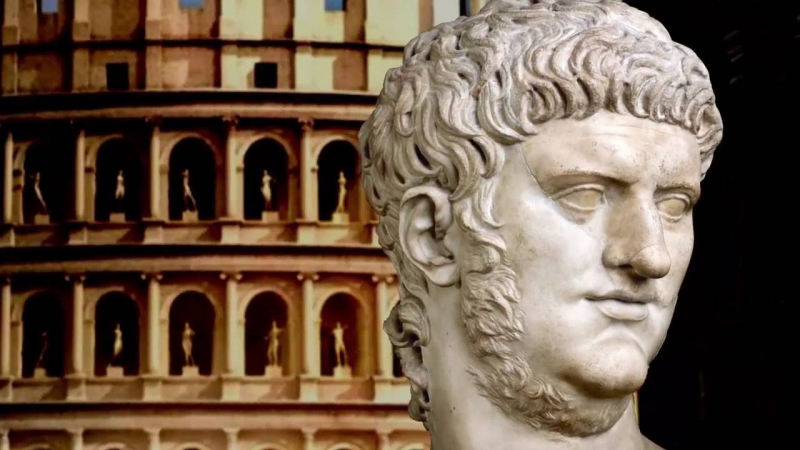
Source: YouTube>Luis Orlando Sanchez Ascanio 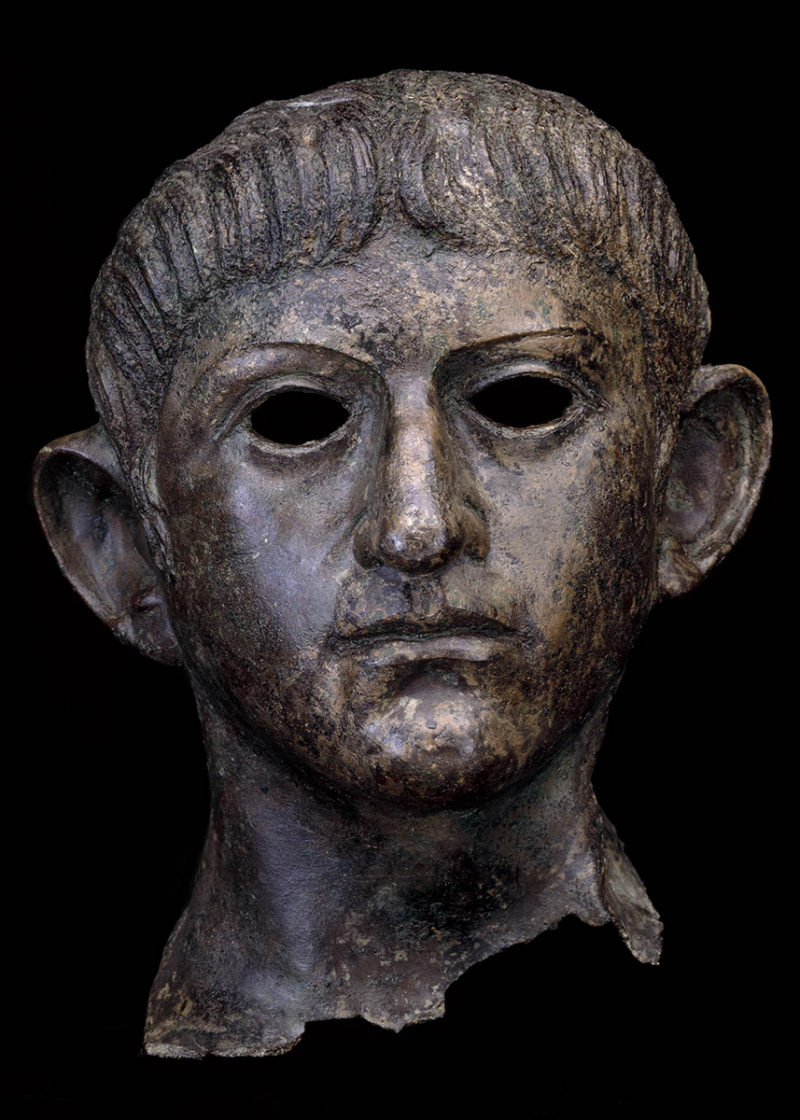
Source: ancientrome.ru













